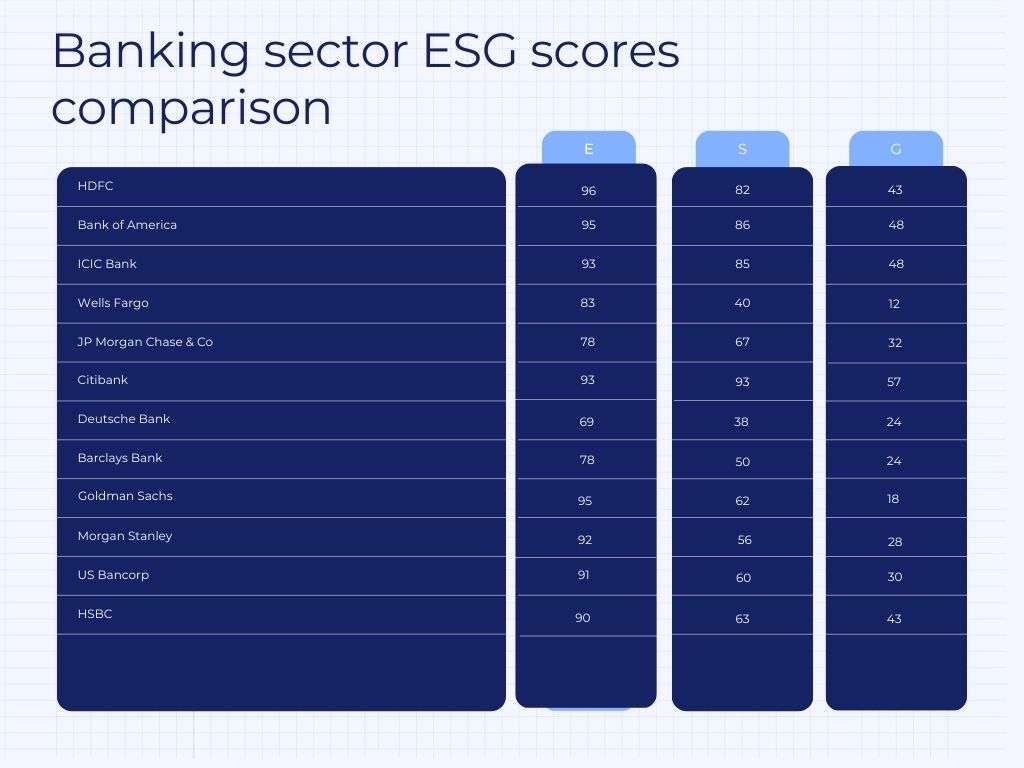Just when we thought we had seen the last banking crisis, back it comes. First Silicon Valley Bank and Credit Suisse, then possibly Deutsche Bank. What is going on? Well, in some ways, the story is simple. Investors are rightfully suspicious of the governance of banks, as our own analysis shows. Our data shows that there is much work to do to improve governance across the banking sector.

So, when there are big changes in economies that investors fear that some banks may not have anticipated (like the rise in interest rates and its effect on bond markets), things start to go haywire, with serious concerns arising concerning possible domino effects.
Short vs longer term governance effects
So much for short-term economic and governance effects. But what about longer term ones? Well, university research has shown that banks are highly resistant to government attempts to improve governance, for example, by introducing particular requirements for the appointment of independent non-executive directors. Given the pivotal role of banks in the financial system, what hope is there if banks are asked to apply their governance disciplines to their activities (whether direct or those of their clients or investors) in relation to the environment? There is some scepticism around about this, so the natural next step is to consider what sanctions might be imposed upon banks, for example, litigation.
The need for vigilence
Some bank boards, as the university research cited above shows, have a track record of trying to reduce the impact of any control which might disturb their conventional (and usually highly profitable) ways of working. While some banks will resist this temptation, others will not. This is the reason why the European Central Bank highlights the continuing need to be vigilant concerning bank resilience, including in relation to exposure to climate-related and environmental risks.
The vital role of data
Fortunately, we now have the data which highlights where there are question marks over both governance and the environmental performance of individual banks. This data should be a start point for all stakeholders, whether governments or legislators, bank investors or clients, bank business or legal advisors, or NGOs targeting banks whose behaviour they might consider irresponsible.
Our ESG data provides comprehensive insights into companies’ environmental, social, and governance practices, allowing you to make informed investment decisions that align with your values. With our data, you can identify companies that are leaders in sustainability and ethical practices, and avoid those that fall short.
View a sample of our ESG data
– JPMorgan Chase & Co. ESG report
By subscribing to our ESG data, you’ll have access to a wealth of information, including company ratings, industry comparisons, and trend analysis. Our data is updated in real-time, so you can stay up-to-date on companies’ evolving ESG practices.
But our ESG data isn’t just for investors. It’s also valuable for organizations looking to improve their sustainability and ethical impact. With our data, you can benchmark your practices against industry leaders, identify areas for improvement, and track your progress over time.
So, are you ready to subscribe to our ESG data? Request a demo today.
